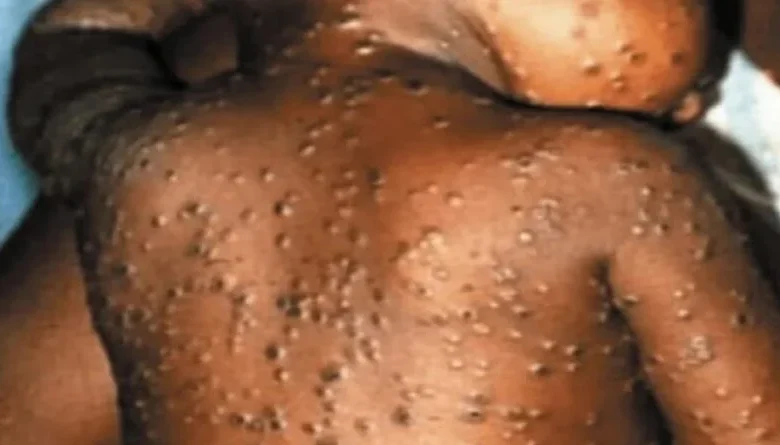
1. Daily Skin Care Routine
A fundamental step to maintaining healthy skin is following a consistent skin care routine. This usually includes:
- Cleansing: The first step in any skin care routine is to cleanse the skin. Cleansers help remove dirt, oil, makeup, and impurities that can clog pores. It’s important to choose a cleanser that suits your skin type, whether it’s oily, dry, sensitive, or combination. A gentle, non-stripping cleanser will prevent dehydration and irritation.
- Toning: After cleansing, a toner is applied to balance the skin’s pH, tighten pores, and refresh the skin. Toners can also deliver additional skin benefits, such as soothing or hydrating the skin. Some toners contain active ingredients like alpha hydroxy acids (AHAs) or salicylic acid that provide gentle exfoliation.
- Moisturizing: Regardless of skin type, moisturizing is crucial for maintaining hydration. A good moisturizer locks in moisture, keeping the skin soft, supple, and plump. For oily skin, a lightweight gel-based moisturizer works well, while richer
creams benefit dry skin types.
• Sun Protection: Sun protection is the most important treatment for anti-aging and skin health. Using a broad-spectrum sunscreen with SPF 30 or higher protects the skin from harmful UV rays, preventing premature aging and reducing the risk of skin cancers. Sunscreen should be applied every morning, even on cloudy days.
2. Targeted Skin Treatments
In addition to the basic steps, there are targeted skin care treatments designed to address specific skin concerns:
- Acne Treatment: Acne is a common skin condition that affects both teens and adults. Treatments include over-the-counter products containing ingredients like salicylic acid, benzoyl peroxide, and retinoids. These ingredients help clear clogged pores, reduce inflammation, and promote skin renewal. For more severe acne, a dermatologist may prescribe oral medications or topical antibiotics.
- Anti-Aging Treatments: To combat the effects of aging, many people turn to retinoids or peptides, which help stimulate collagen production, reduce wrinkles, and improve skin texture. Vitamin C serums are also popular for brightening the skin and reducing pigmentation. Chemical peels and microdermabrasion treatments are
AHAs or BHAs can also help fade discoloration.
• Hydration: For dry skin, hydrating treatments such as hyaluronic acid serums can boost moisture levels and promote skin plumpness. Moisturizers containing ceramides or glycerin help restore the skin’s protective barrier.
3. Professional Skin Care Treatments
For more intensive care, there are various in-office treatments offered by dermatologists and licensed estheticians:
- Facials: Facials are customized treatments that involve deep cleansing, exfoliation, and masks to address specific skin concerns. Popular facials include hydrafacials, which provide deep hydration, and enzyme peels, which exfoliate without causing irritation.
- Laser Treatments: Laser treatments, such as fractional lasers or intense pulsed light (IPL), target skin issues like acne scars, sunspots, and wrinkles. They work by stimulating collagen production and improving skin texture.
- Botox and Fillers: Injectable treatments like Botox temporarily relax facial muscles, reducing the appearance of fine lines, while dermal fillers add volume to areas that have lost fullness, such as under the






